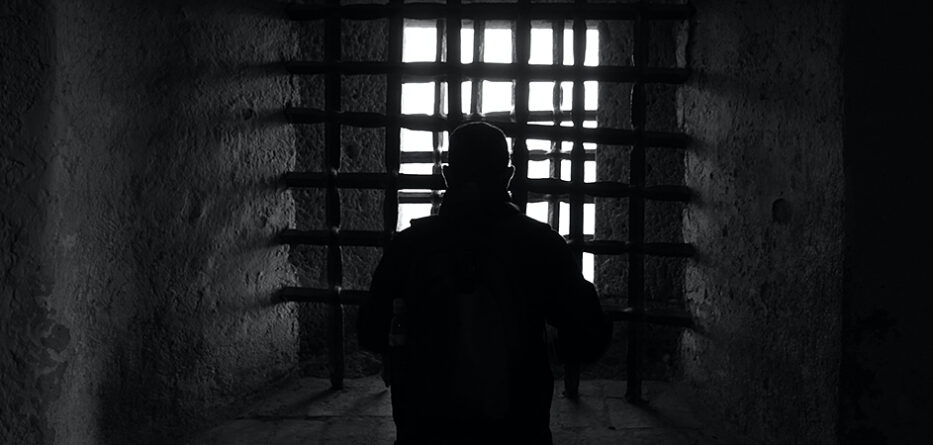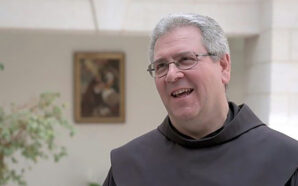26 June is the United Nations’ International Day in Support of Victims of Torture
Pope Francis’ Prayer intention for June: For the abolition of torture – We pray that the international community may commit in a concrete way to ensuring the abolition of torture and guarantee support.
We often think of torture as a medieval practice that has gone out with lances and bucklers. But television series constantly remind us that it is still practiced by gangsters, psychopaths, the military and by governments. Sometimes it is used to deter people from betraying gangs or trying to leave them. It is also used to punish personal enemies or enemy soldiers in war. It is often used to extort information from prisoners. We usually associate it with people who are different from us – with foreign governments and with our current enemies – with the Russian army in Ukraine or with terrorist groups in Afghanistan, for example. But the stories of torture at Guantanamo Bay and its regular defence by politicians and commentators remind us that it is universal and may well be used by our allies.
The World Day for the Abolition of Torture and Pope Francis’ intention warn us that torture is commonly used today, that the harm it does to people who are tortured and who engage in torture does not end with its use but is lasting. Pope Francis reminds us, too, that it is easy to deplore torture by others while at the same time making exceptions and excuses for our allies who use torture and wanting to leave it open for later use. He focuses on the responsibility of Governments and politicians to condemn torture unequivocally and to make its use illegal both in their own nations and internationally.
Torture involves inflicting pain deliberately on people. It treats them and their bodies as things that are at our disposal to bend, break, cut and saw. Their bodies are viewed as no more than a means to our end, whether that be to extract information, to warn their colleagues, or to take revenge. For the person who is tortured, however, the harm done to their bodies can also affect their spirit. By being treated as rubbish, they can come to believe that they are worthless. If the torture leads them to involve other people, they can feel the lasting shame of betrayal. Terror can be their companions for years afterwards when they wake during the night. They may recoil from being touched even in love.
Torture, too, is a kind of conversation that does harm to both parties. Torturers and their masters also are affected by their actions. They may lose self-respect, be haunted by guilt and shame for what they have done, and find it impossible to form loving human relationships. If people torture out of a desire for revenge, the satisfaction proves momentary. If they extract information, they can never be sure that what they are told is true or whether it is a lie told to prevent further pain. Those who torture dwell in a world of impenetrable darkness.
Both the Day and Pope Francis’ intention are about dispelling the darkness in which torture flourishes. They call us to turn away from darkness. When we pray for people who have been tortured and for the conversion of heart by all those responsible for it, we remind ourselves that they are not simply victims and brutes but that both are human beings like ourselves. To insist that governments come together to abolish torture as an instrument of the state or of the justice system means that it will not continue surreptitiously. Torture is a symbol of a deep lack of respect for the bodies and the spirit of human beings. It has no place in society.
Fr Andrew Hamilton SJ writes for Jesuit Communications and Jesuit Social Services.








